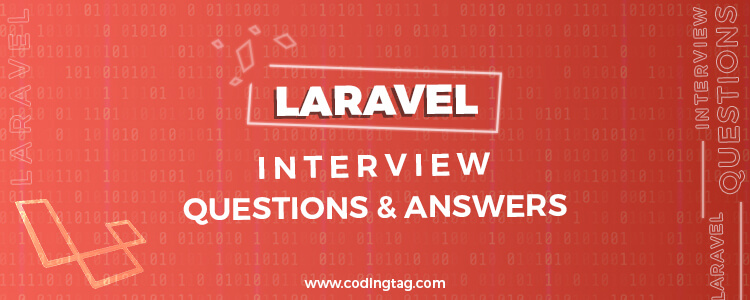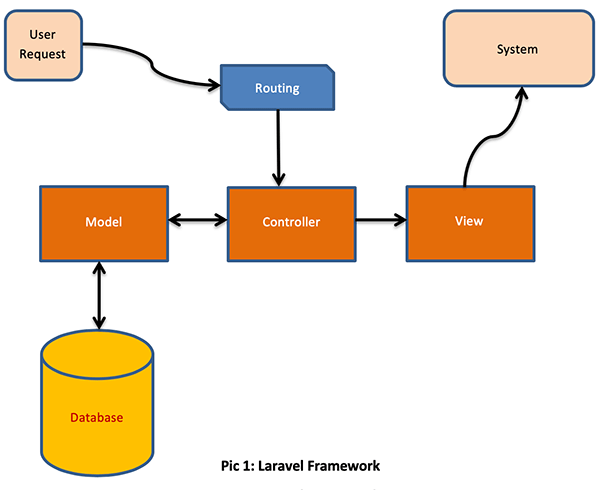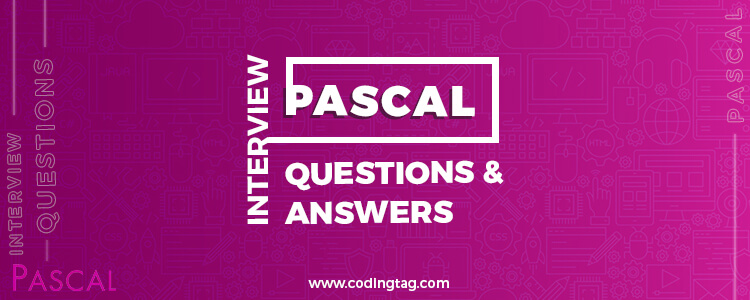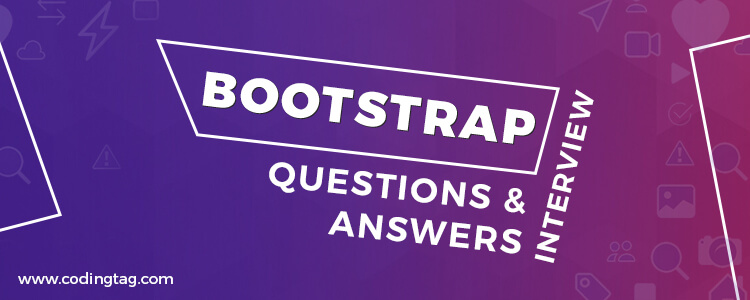Laravel Interview Questions
Last Updated by Diksha Sharma
0 4513
Hey there,
Today I am back with my Interview Questions list. My today's blog will cover the list of most frequently asked Laravel Interview Questions .

But, let us first understand what Laravel is briefly. Laravel is an open-source PHP framework which allows the developers to write elegant and quick code, improving the code quality and reducing the overall development cost.

Since its introduction, Laravel has acquired a fair share of recognition in terms of an effective career choice. But what makes this framework outshine as compared to other PHP frameworks such as CakePHP, CodeIgniter, etc.?
Well, because of the authentication and authorization feature included in this PHP framework which is not present in other frameworks. Exciting isn't it!
So, let us go through some of the popular Laravel Interview Questions to help you prepare for this effective framework.
1) Demonstrate some of the popular features of Laravel.
Laravel is a free and open-source PHP framework that instills the Model-View-Controller design. Some of the popular features of Laravel are:
- Query Builder
- Eloquent ORM
- Restful Controllers
- Reverse Routing
- Database Seeding
- Automatic Pagination
- Migration
- Unit Testing
- Homestead
2) Which is the latest version of Laravel and what new features are added into that version?
The latest version of Laravel is Laravel 6.0 which was released on September 3rd, 2019. Various features which have been included in the new version of Laravel are:
- Semantic Versioning
- Laravel Vapor Compatibility
- Laravel User Interface (UI)
- Job Middleware
- Eloquent Subquery Enhancement
- Lazy Collection
- Improved Authorization Response
3) What do you mean by Eloquent ORM in Laravel?
Eloquent ORM is an Active Record Implementation method in Laravel which specifies the method of interacting with the database.
Through the Eloquent method of database interaction, each entry in the database of Laravel consists of a model that is used to retrieve and insert data into the table.
4) What do you mean by events in Laravel?
Events in Laravel refer to the occurrence or the activities which occur and are handled by the Laravel code. In Laravel, listeners are implemented in order to handle and listen to the events that occurred in the code.
5) Can we install Laravel via a composer? If yes, how?
Yes, we can install Laravel via a composer using the following steps:
The initial step is to download a composer if it is not on the system using the link:
https://getcomposer.org/download/.
i) The next step is to open cmd and access the htdocs folder.
ii) Finally, insert the following commands into the command prompt:
C:\xampp\htdocs>composer create-project laravel/laravel projectname
This will install the latest version of Laravel. However, if someone wants to install a specific version, the following command can be used:
composer create-project laravel/laravel project name "5.6"
6) Explain the concept of named routes in Laravel.
'Named routes' is an important concept in Laravel which is used to direct to the routes while helping as an aid for easily generating a URL. Names routes in Laravel consist of three basic parameters:
- Name of the route (string)
- Parameters
- Absolute which is of Boolean type and is by default true
7) What is a middleware in Laravel?
Middleware in Laravel acts as a mediator which filters the response between the user request and the response.
The middleware checks for the authentication and redirects it to the response as per the authentication results.
8) What do you mean by Contract in Laravel?
Contract's in Laravel refers to the set of interfaces that are used to specify the different frameworks and their services included in Laravel.
For example, the Illuminate\Contracts\Mail\Mailer specifies the services included in the framework for sending emails.
Do you want to know my secret of knowledge and skillset? Buy this book
9) What are the facades in Laravel?
In Laravel, facades are used to provide a static interface to all of the classes. These facades are stored in Illuminate\Support\Facades are acts as a static proxy for the classes included.
These facades are beneficial in terms of providing more expression freedom, testability, and flexibility.
10) What is dd() function in Laravel?
dd() function in Laravel stands for Dump and Die. The function is generally used for dumping a constant of a variable to the browser and halts the further execution of the PHP script.
11) What do you mean by reverse routing in Laravel?
Reverse routing in Laravel is a process through which the URLs are generated on the basis of symbols or names.
Through reverse routing, the URLs are created from the route declarations. Reverse routing provides enhanced flexibility to the application.
12) What are traits and how are they implemented?
Traits in Laravel refer to a group of methods that are included in other classes. Traits are used to enhance the functionalities of PHP single inheritance by enabling the reuse of methods in different classes.
Below given is an example to demonstrate how traits are implemented in Laravel:
trait A {
public function share($element)
{
return 'this will be shared';
}
}Now trait A will be included in other class a:
class B {
use A;
}
class C {
use A;
}13) What is an artisan? Name some of the artisan commands used in Laravel?
Artisan is similar to a Command Line Interface which is used to run commands for Laravel.
Different commands used in Laravel artisan are:
- php artisan -version
- php artisan list;
- php artisan help;
- php artisan up;
- php artisan down;
- php artisan make:mail;
- php artisan make:model;
- php artisan make:controller;
- php artisan make:migration;
- php artisan make:auth;
- php artisan make:provide;
- php artisan make:middleware;
14) Name some of the default packages in Laravel.
Some of the default packages provided by Laravel are:
- Envoy
- Passport
- Cashier
- Socialite
- Scout
- Horizon
15) What are the aggregation methods? Name some of the aggregate methods which are present in Laravel.
Aggregation, in general, refers to the grouping of attribute values for the metric of each dimension value.
Different Aggregate values included in Laravel are:
- max()
- min()
- count()
- avg()
- sum()
That was all in terms of today's blog on Laravel Interview Questions. Note that you must also be skilled in terms of your presentation while giving an interview.
You can also download our Technical Interview Tips PDF for free.
Do you think there are other concepts that I may include in this blog? Share with me through the comment box below!
I would love to hear from you!
Also, don't forget to like this post and share it with your peers!
I wish you all the best for your interview!

Share:








Comments
Waiting for your comments